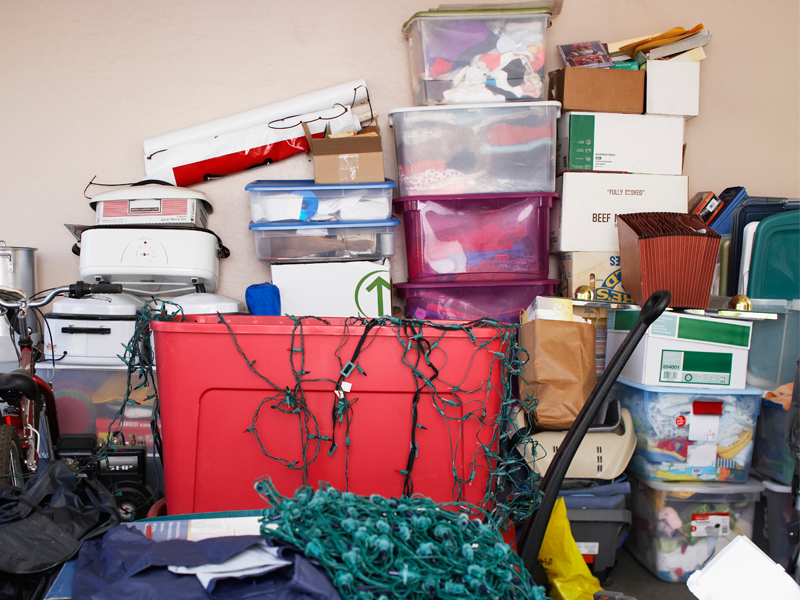Whether you’re spring cleaning or downsizing for a move, knowing what to keep and what to toss flummoxes many people. Is this item a precious memory? Or is it junk?
Erin Podbielniak, owner of theNeatNiche and president of the Richmond chapter, of the National Association of Professional Organizers, shares her organizational tips.
What is Clutter?
“The definition of clutter is postponed decisions,” says Podbielniak. “When we don’t make a decision, it becomes a piece of clutter.” People postpone these decisions because they lack time, energy, desire or know-how, she says.
Being surrounded by unneeded stuff is stressful. “All that stuff has a lot of negative energy. It yells at you subconsciously.”
Time Realism
So how do you conquer piles of paper, knickknacks and broken gadgets? “Slow and steady is the way to win the decluttering race,” she says.
Don’t set yourself up for failure by vowing to clean your entire house in one day. “Most of us have an attention span and a commitment level of about two hours,” Podbielniak says. After that, focus dwindles.
She recommends allotting three hours at a time, maximum, for decluttering. If you’re taming a backlog of clutter, commit to 15 minutes a day, plus another 15 for maintenance
“As soon as we feel overwhelmed we want to shut down and not do it anymore,” she says. “That’s what we want to avoid.”
The Gift Dilemma
Gifts are given with the intent that you will love, cherish and use them, Podbielniak says. If you don’t love it—or if the gift has passed its usefulness—let it go. “I talk to my clients a lot about letting things flow through their lives.”
Sentimental Reasons
Whether it’s your old teacup collection, 30 years of greeting cards or your children’s artwork, most
people can’t keep it all. “What we want is a representative sample,” Podbielniak says. “Keep a few things that you truly, truly love.” The rest you can photograph and store digitally.
Seniors and others who have been in the same house for a long time are especially susceptible to being buried in sentimental items, unwanted gifts and the stored stuff of family members.
Organizing and Faith
Podbielniak is a member of Faithful Organizers, an association of Christian professional organizers.
“From the Christian perspective, we’re called to be good stewards of our spaces,” she says. “If we’re constantly holding onto the past, we’re not allowing God to work in our lives.”
It’s also important to release useful things to others if you’re not using them yourself, she says. Give unwanted items to charity, or sell them.
Calling in Professionals
If you decide to hire a professional organizer, shop around until you find a good fit. A good organizer can help you make the best decisions about what to keep, what to gift to children and grandchildren, and which items to donate. If you’re finding some items too difficult to let go of, consider creating scrapbooks to house those keepsakes.
Your Health
People feel better mentally, physically and emotionally in an organized space. “And if you think about the stuff in your space that you truly love,” Podbielniak says, “the things that make you feel amazing and bright and shiny from the inside out, then what else do you really need?”

